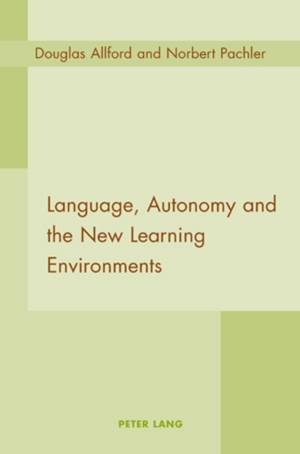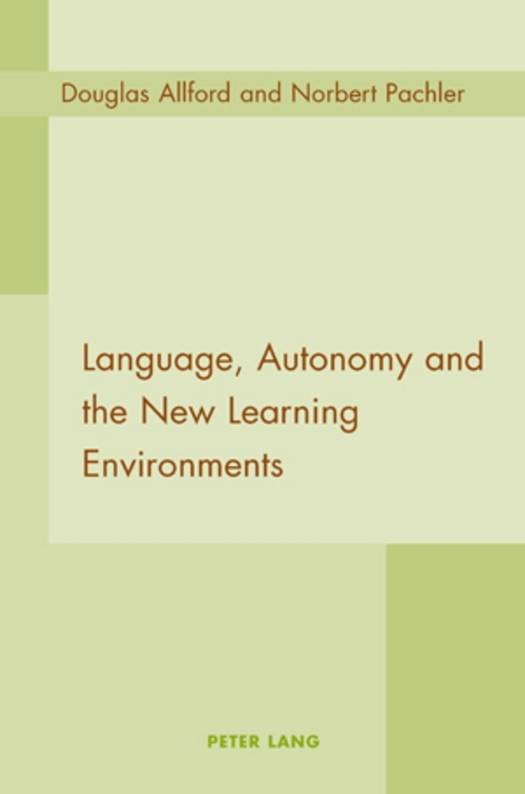
- Afhalen na 1 uur in een winkel met voorraad
- Gratis thuislevering in België vanaf € 30
- Ruim aanbod met 7 miljoen producten
- Afhalen na 1 uur in een winkel met voorraad
- Gratis thuislevering in België vanaf € 30
- Ruim aanbod met 7 miljoen producten
Zoeken
Language, Autonomy and the New Learning Environments
Douglas Allford, Norbert Pachler
Paperback | Engels
€ 84,45
+ 168 punten
Omschrijving
The emergence of new learning environments, technological and institutional, implies a need for language understanding and autonomous learning. What do they mean? Why are they necessary? How do they interrelate? This book looks at these questions. The authors consider mother tongue and second/foreign language education in relation to 'language understanding', which includes formal knowledge and an ability to use language communicatively, and should cover the 'new' literacies. Autonomous language learning has been interpreted in various ways, and setting language understanding as a goal allows some of these (such as 'training' models) to be challenged and others endorsed. Some implications of the information society for education are considered. Learning increasingly takes place outside educational establishments, and the authors examine changes from face-to-face teacher-student interaction to mixed-mode and distance learning. The new environments create new possibilities, such as knowledge construction through computer-mediated interaction and learner autonomy in online networks, and these are explored. Throughout the book, the centrality of the teacher's role is affirmed, as educator and guide on autonomous second/foreign language programmes, and as a moderator of online discussions and a designer of online materials.
Specificaties
Betrokkenen
- Auteur(s):
- Uitgeverij:
Inhoud
- Aantal bladzijden:
- 294
- Taal:
- Engels
Eigenschappen
- Productcode (EAN):
- 9783039105670
- Verschijningsdatum:
- 13/04/2007
- Uitvoering:
- Paperback
- Formaat:
- Trade paperback (VS)
- Afmetingen:
- 150 mm x 220 mm
- Gewicht:
- 430 g

Alleen bij Standaard Boekhandel
+ 168 punten op je klantenkaart van Standaard Boekhandel
Beoordelingen
We publiceren alleen reviews die voldoen aan de voorwaarden voor reviews. Bekijk onze voorwaarden voor reviews.











